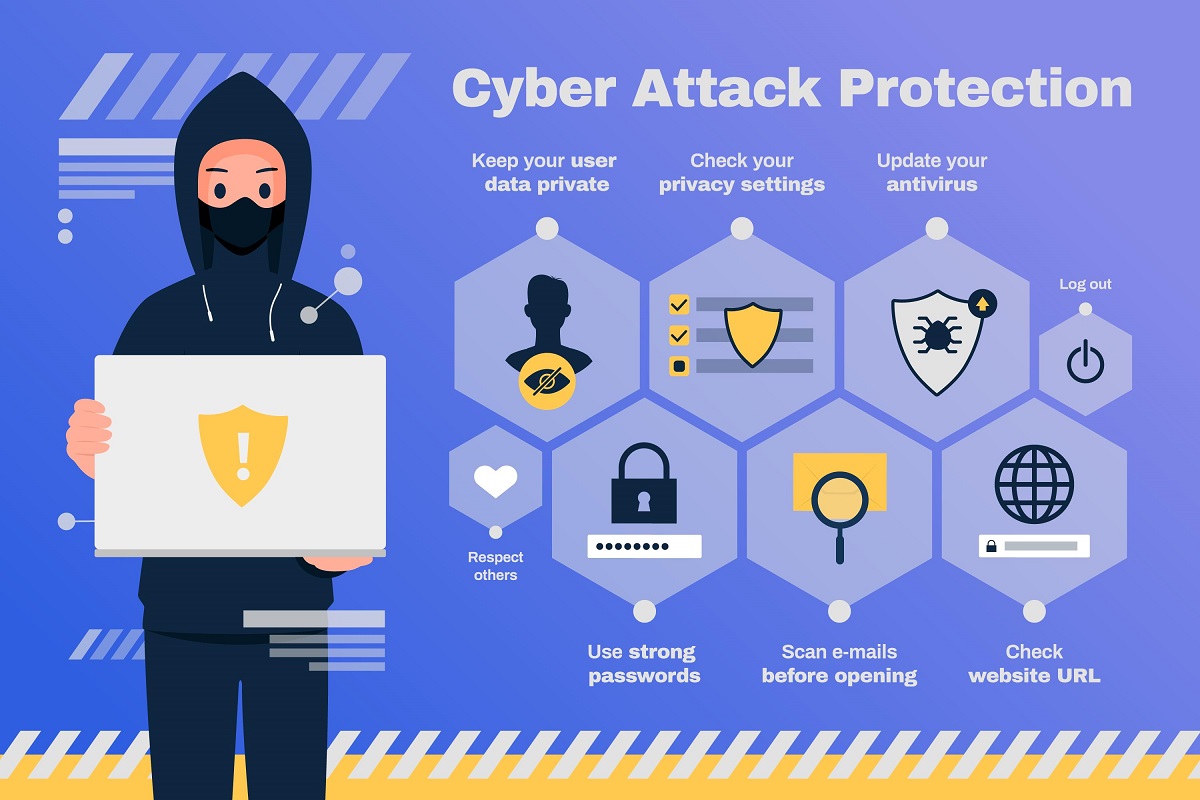Examples of Phishing.
To not become a victim of phishing, it is good to know what are some things to look out for. A phishing emails goal is to steal confidential information from users and organizations. Victims of phishing emails typically trust the source of the information request and believe that party is acting with the best intentions so they respond without thinking twice about it. 19 Examples of Common Phishing Emails says, “In a phishing email, cybercriminals will typically ask for your:
Date of birth ,
Social security numbers ,
Phone numbers ,
Credit card details ,
Home address ,
Password information (or what they need to reset your password) ,
This information is used by cybercriminals to impersonate the victim and apply for credit cards or loans, open bank accounts, and other fraudulent activity. Some cybercriminals use the information collected by a phishing email to start a more targeted cyber attack, such as a spear phishing or business email compromise incident, that relies on knowing more about the victim. Over the years phishing has evolved into highly-specialized tactics. Standard email phishing is common however there are many other types of phishing, Email Phishing, Vishing, & Other Types of Attacks explains more ways someone can become a victim to phishing. Malware Phishing uses the same techniques as email phishing, this attack encourages targets to click a link or download an attachment so malware can be installed on the device. Spear Phishing is where most phishing attacks cast a wide net, spear phishing is a highly-targeted, well-researched attack generally focused at business executives, public personas and other lucrative targets. Search Engine Phishing is the type of attack where cyber criminals set up fraudulent websites designed to collect personal information and direct payments. These sites can show up in organic search results or as paid advertisements for popular search terms. Vishing also known as voice phishing, involves a malicious caller purporting to be from tech support, a government agency or other organization and trying to extract personal information, such as banking or credit card information. Clone Phishing is the type of attack where a shady actor compromises a person’s email account, makes changes to an existing email by swapping a legitimate link, attachment or other element with a malicious one, and sends it to the person’s contacts to spread the infection. This is still only a few examples, there are many ways someone can be scammed.


